7 Days to Die has spent almost a decade in early access, making it one of the longest-running early access titles in history, perhaps only beaten by the like of Dwarf Fortress, which was still classified as an alpha product after 20 years of active development.
7 Days to Die has undergone several major revamps during its long time in early access, which has proven controversial with the community, with some feeling it has helped keep the game fresh. Others feel it has considerably delayed 7 Days to Die’s early access journey by forcing developers to dedicate time to rewriting parts of the game that were already present.
I feel these revamps were not only a good idea but very much needed, as while the developers insist that 7 Days to Die is still an alpha product, it has more content and polish than most full releases, and at this point, the alpha status feels like more of a long-running self-deprecating joke, than an indicator of how 7 Days to Die is doing.
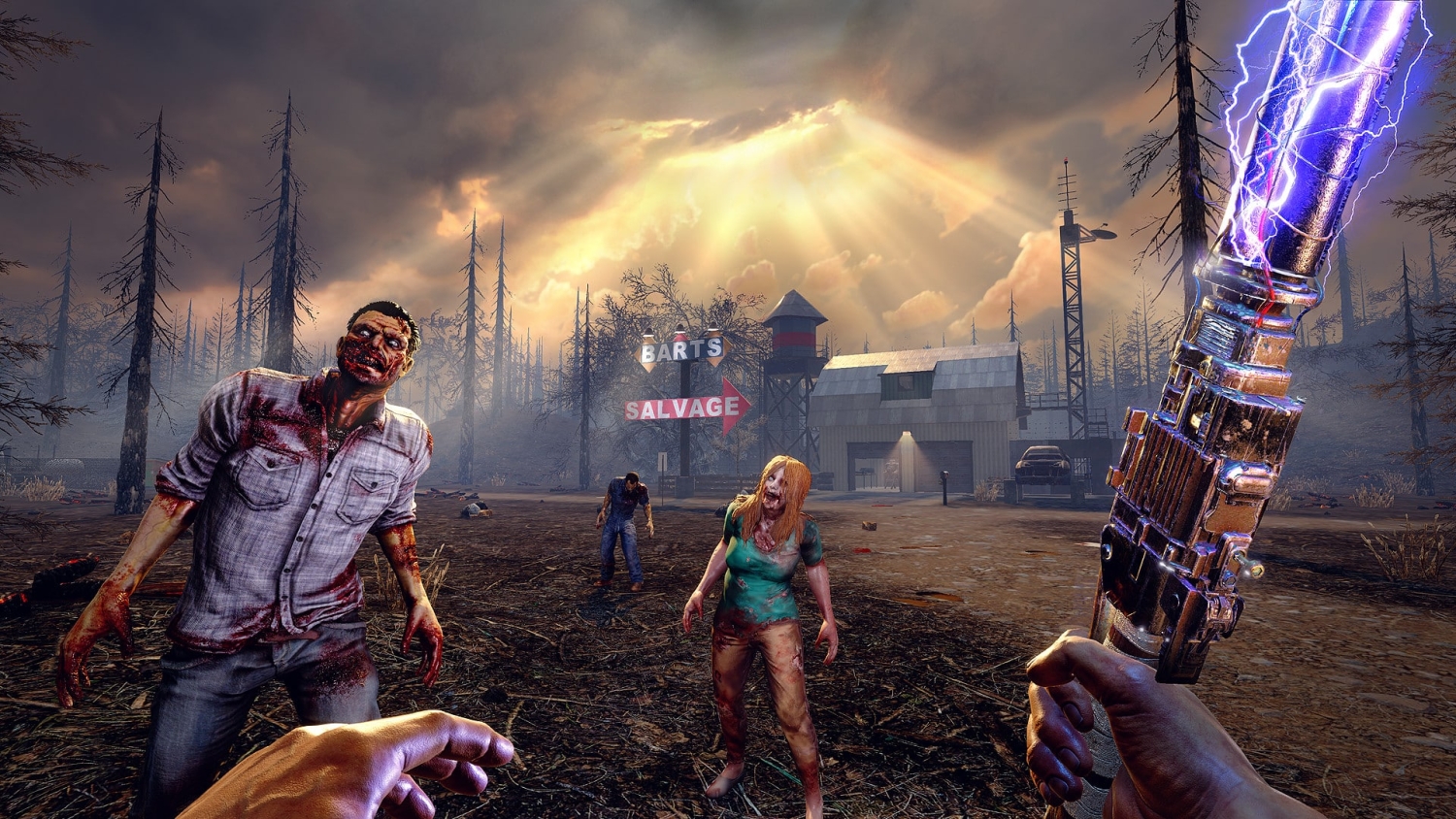
Despite spending almost a decade in early access, 7 Days to Die has remained consistently popular throughout, with an average active user count of 21k+ users on steam, a number which, as recently as January 2022, reached as higher as 70k following the release of the A20 update.
7 Days to Die major updates are unique in that they traditionally introduce dozens if not hundreds of changes and features, with some patches launching with as many as 400+ new mechanics, items, quality of life changes, and major balancing adjustments.

As of March 2023, The long-awaited and promised bandit system is nowhere to be seen, despite bandits NPCs and related assets being present in every build released in the past six years.
With each successive update pushing the bandit update to the “next major update”, players were certain that after 5+ years of delay, the upcoming alpha build (a21) would be the big moment.
Unfortunately, those hopes appear unfounded, with insiders claiming that bandits would be delayed for at least one more major version, meaning that players may have to wait until 2025 or longer to encounter (non-player) human enemies.
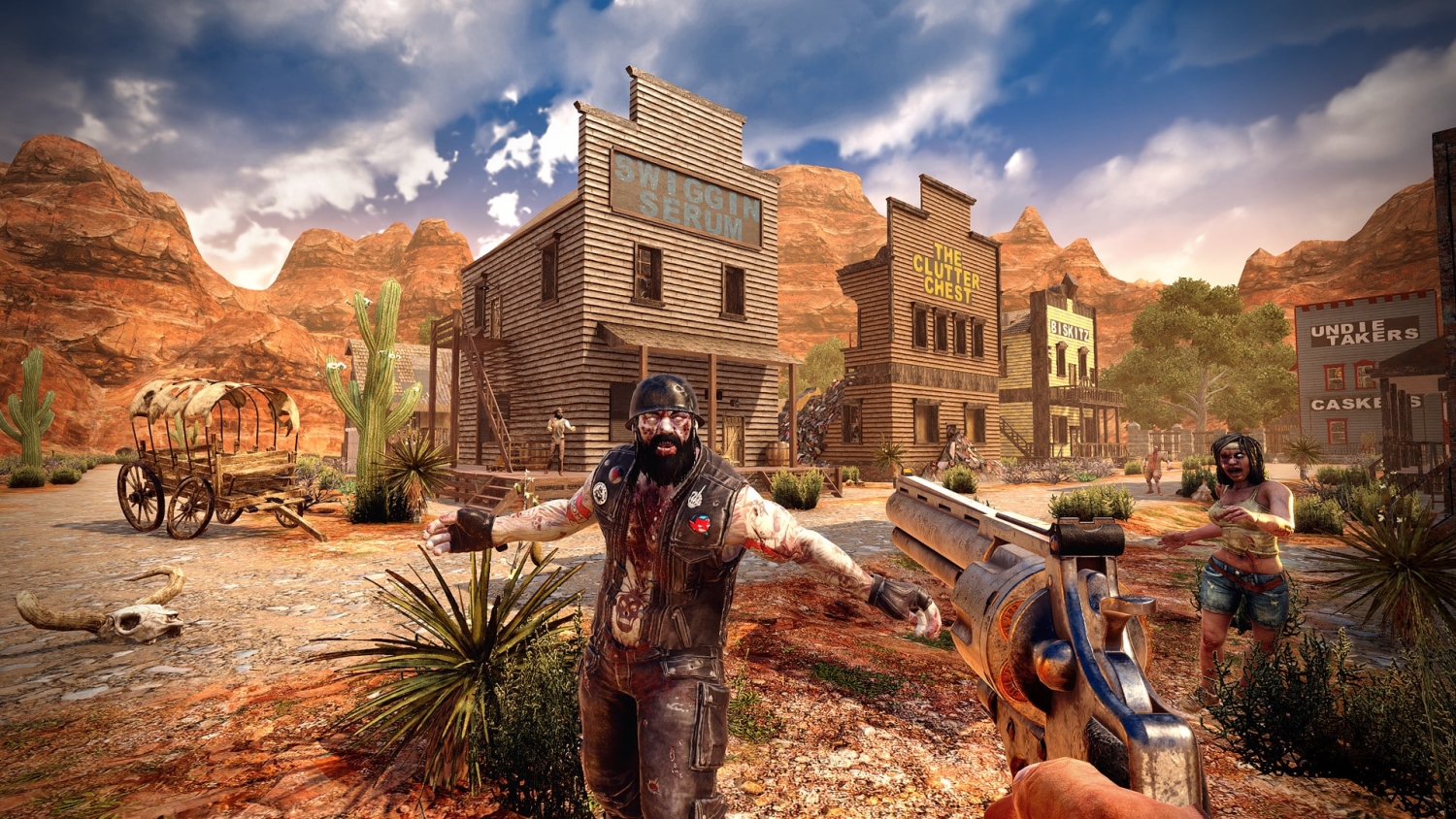
While many survival games have separate PC and Console builds, with the console version traditionally being several versions behind, 7 Days to Die takes this to an extreme due to the TellTale Games (the developer in charge of porting the console versions) becoming insolvent, and closing in late 2018.
While tell Tale has returned in some form, it seems the partnership with The Fun Pimps has not, and the original developer is now in charge of all versions, with a long overdue console update expected to arrive later in 2023.
As of March 2023, 7 Days to Die on console is roughly five major versions behind (a15), yet it is still enjoyable because 7 Days to Die has been in a very good place for most of its 10-year early access journey.
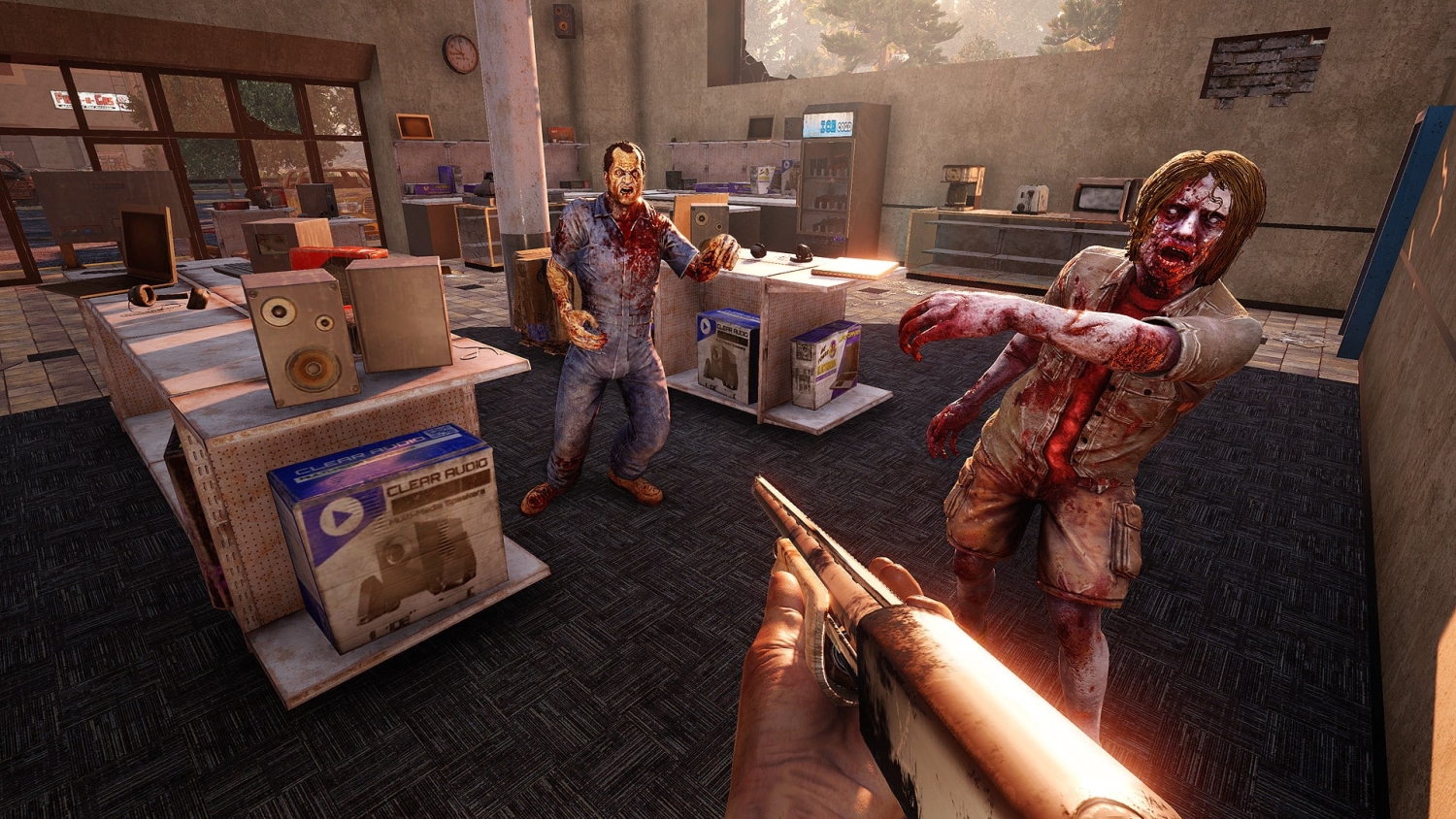
While almost every survival game gives players a chance to defend their base against human adversaries, 7 Days to Die is one of just a few titles that give PvE players a chance to do so, with incredibly difficult raids occurring every seven in-game days, even the best defences will be tested, a task which can be made even more difficult for those who play on PvP servers, which see players dealing with enemies both living (players) and dead (NPC).
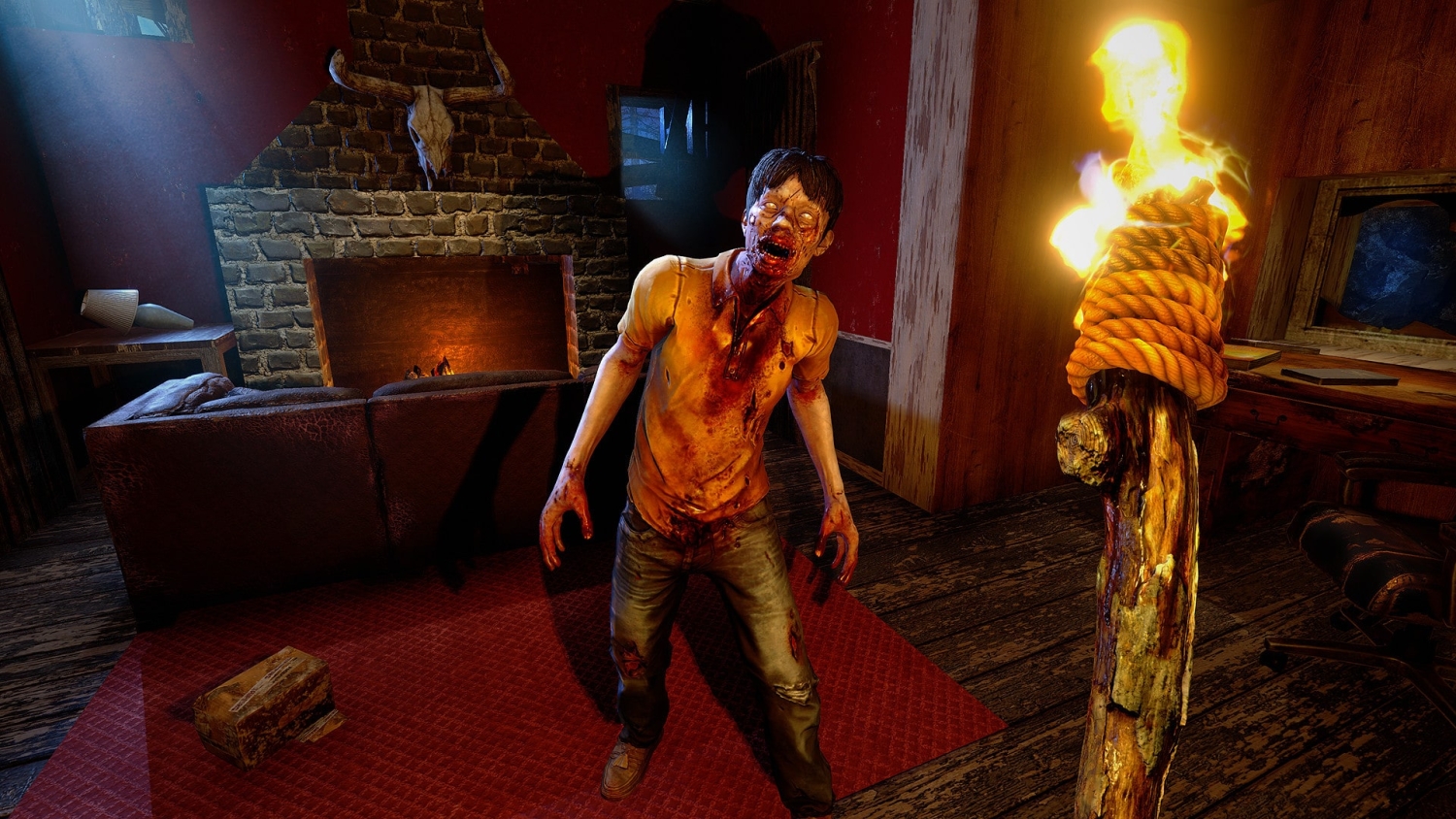
The Fun Pimps is a survival video game developed by The Fun Pimps and published by The Fun Pimps Entertainment LLC, it was released on 13 December 2013 and retails for $24.99+.
The Fun Pimps is available on the following platforms: PC, Playstation 4, Playstation 5, Xbox One, and Xbox Series X|S.
The Fun Pimps continues to update 7 Days to Die in the same manner they have been for the last several years, with major patches dropping approximately once every 12 months, followed by a flurry of smaller balancing patches and near-complete radio silence until another major patch is ready to be revealed.
While this haphazard method of containing development has angered some of the less active (and curiously most vocal) parts of the community, by far and by large, it has worked well, allowing players almost a year to enjoy each major update before any potentially game-breaking bugs or balance changes are introduced.
As of March 2023, development has appeared to slow down, with the last major update (alpha 20) being released in December 2021; however, a flurry of smaller patches have been released regularly, hinting at the developer’s attempts to move to a more traditional development cycle and release cadence.

While we do not know how many people play 7 Days to Die on console, the Steam community peaks at around 30k players during the “off-season” and closer to 60k following the release of a major update.
Assuming the console communities are doing even half as well means there are plenty of people to play with due to the small lobby nature of the game, with most servers only allowing for a maximum of 64 active users and the majority of unofficial servers being capped at half that.
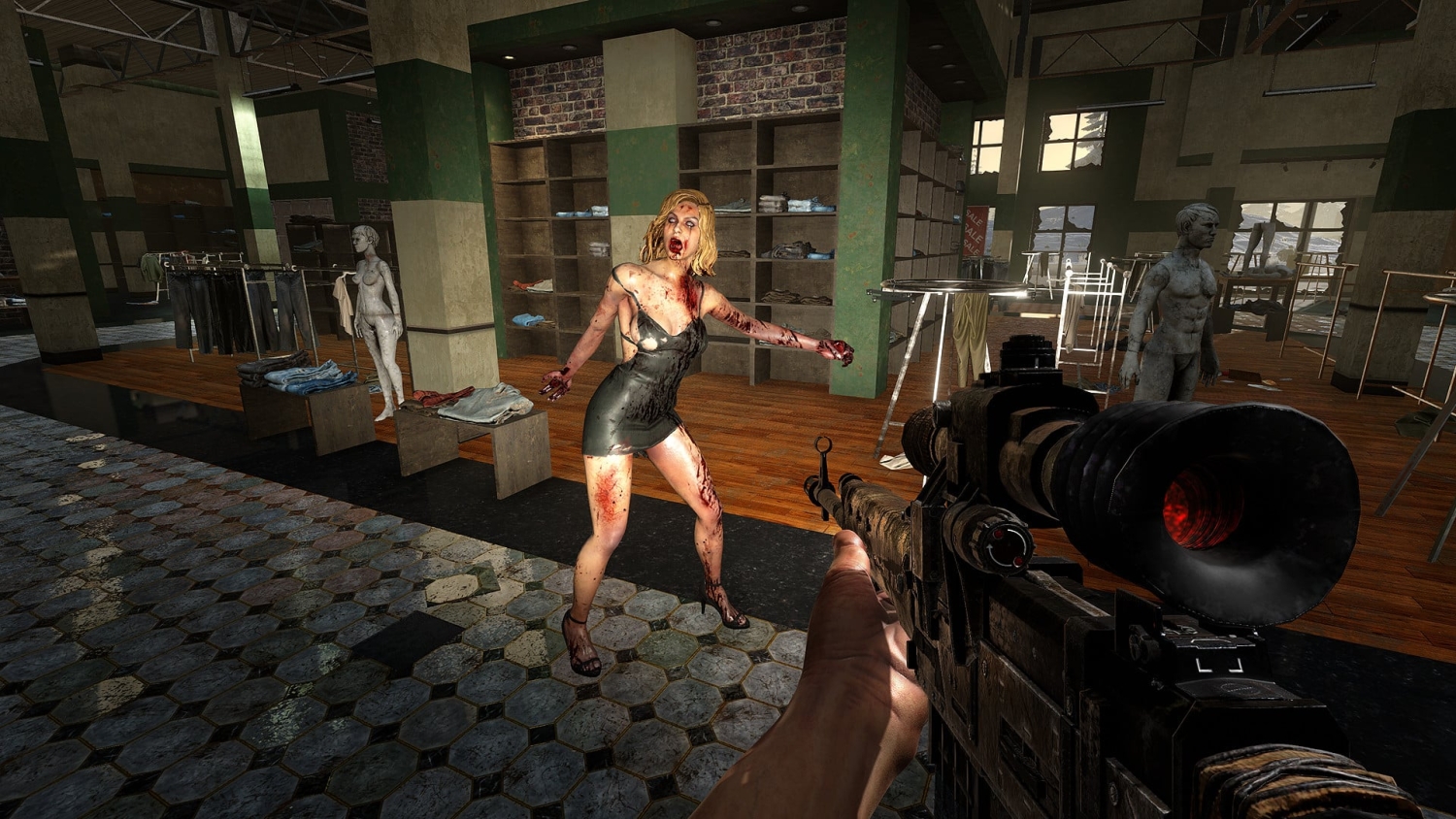
7 Days to Die is far from dead and continues to enjoy the full benefits of an engaged and passionate community across all platforms.
On average 7 Days to Die takes between 60 and 400 hours to complete.
Estimated completion times are derived from various sources and may vary based on the skill level of each player.
7 Days to Die supports:
7 Days to Die offers the following matchmaking options:
7 Days to Die offers no microtransactions.
The following peripherals are officially supported:
7 Days to Die is rated PEGI 18+ and contains:
7 Days to Die is a fantastic game for those willing to overlook that it has been in alpha for almost a decade.
With hundreds of hours of PvPvE content and a fully fleshed-out building system that has existed for the majority of its early access journey, I cannot help but feel the reason 7 Days to Die has remained in early access for so long is not that the developers are lazy or care too little about their game.
Rather they are so passionate about making 7 Days to Die the best it can be; they are willing to spend as much time as it takes to ensure that 7 Days to Die is all it could be.